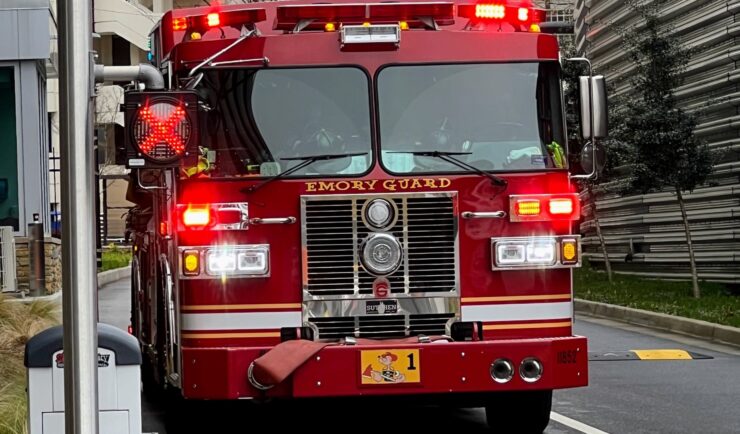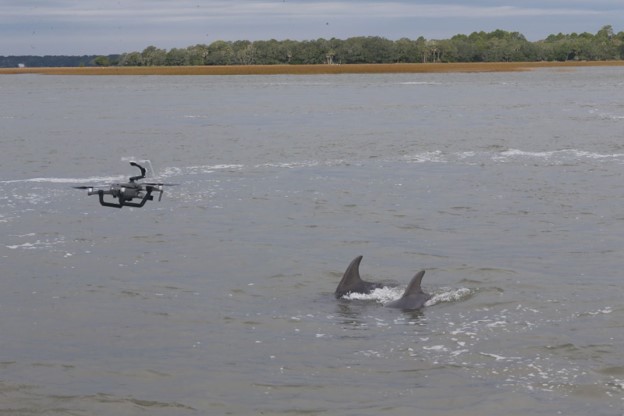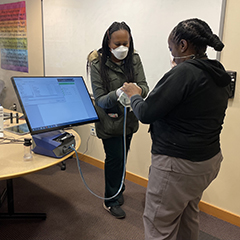
CSS scientists supporting the Environmental Protection Agency’s Office of Pesticide Programs are reviewing modeling data that evaluates the potential for transfer of chemical residues from pregnant and nursing animals to fetuses and infants. The vast majority of data come from pharmaceuticals, but staff are reviewing some data from pesticides and other environmental contaminants as well. Staff are reviewing the data for measured concentrations in maternal blood and milk as well as fetal tissues in laboratory animals and humans. The objective of this work is to better understand the various models being developed and use this modeling data to help refine risk assessment for pesticides.

See More CSS Insights

Responding to HazMat Spills
CSS supports several Centers for Disease Control and Prevention (CDC) campuses throughout the U.S. On-site CSS personnel are trained in hazardous material spill response and clean-up and provide this support within buildings and throughout campuses. As part of our contract with the CDC Hazardous Waste Program, CSS hazmat-trained employee owners are responsible for safely collecting,…

Examining Cetaceans for Contamination and Pathogens
CSS has employee owners who are experts in monitoring cetacean health. Several CSS scientists supporting NOAA’s Centers for Coastal Ocean Science have recently conducted research and tests on marine mammals to explore uncommon behaviors and causes for strandings. View some examples of this research below. Microplastics are becoming increasingly abundant in coastal and marine environments.…

Safety Support To First Responders
First responders put their lives on the line to help others, and our team helps safeguard their protection. Our team on contract with the National Institutes of Health (NIH) Respiratory Protection Program works with staff to test respirators and establish secure fits. Similarly, they provide these fit tests for fire department personnel on a regular…
